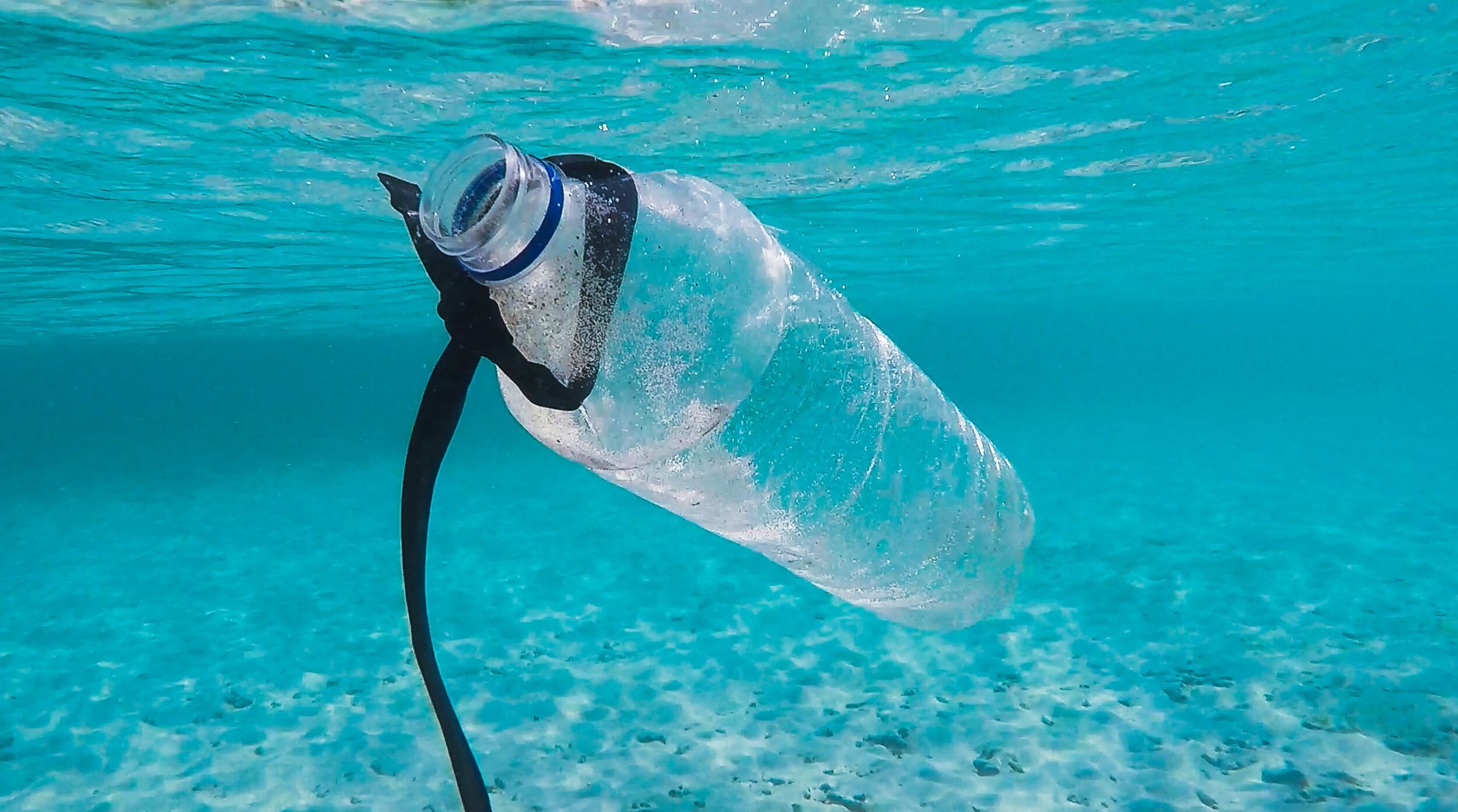Taking Control of our Plastic Addiction
One of the greatest environmental issues we face is the use of single use plastics in our day to day lives. Three hundred million tonnes of plastic are created yearly, weighing the same as the entire human population, 50% of these are single use items!
The problem at hand
One of the highest circulating items of single use plastics are plastic drinking bottles with it being estimated that in the UK alone an average of 35.8 million plastic bottles are used every day, with only 19.8 million of these being recycled. Meaning that a shocking average of 16 million plastic bottles are missed in the recycling process every day! The issue doesn’t stop simply with the amount of these plastics that we are using but also with how difficult it is for plastics to break down over time. With the resistant nature of chemicals like PET within plastic bottles, it is estimated that it will take approximately 450 years to decompose in a landfill, meaning that the effects of our high usage now will be felt for hundreds of years to come.
What’s being done?
Previously, the focus has been on reducing the amount of single use plastics we are using with the use of reusable coffee cups, water bottles, lunch boxes and so on. But recently we have discovered that companies have found a way to produce plastic bottles that can decompose in less than 16 hours! L’Oreal, Nestle Waters, PepsiCo and Suntory Beverage and Food Europe have revealed new plastics bottles made entirely of post-consumer waste can be recycled using an enzymatic process.
How Enzymes are helping
Biotech and recycling innovation firm Carbios have been working alongside the brands to develop the new recycling process behind the scenes for a number of years now. The new recycling method involves altering an enzyme which is naturally found in compost meaning it can now break down different kinds of polymers, mainly focussing on PET, into monomers. Monomers can then be used to create new plastics. Currently the company is stating that the system can be used for PET of all colours and complexities and also claims to be able to break 97% of plastics within 16 hours or less. An amazing breakthrough in the plastic recycling game and a huge reduction on the current 450 year estimate. The research and development for this project has been going on for ten years in an attempt to ensure the end product is virgin-quality, meaning this process can be used to recycle the same plastics over and over, solving the current dilemma of plastics only being able to be recycled a finite number of times (around two or three when recycled mechanically) before it becomes too poor quality to use. Carbios is on track to open a demonstration plant in September 2021 with sights to open an industrial facility by 2025 which looks to produce 40,000 tonnes of recycled plastics for use in the private sector annually.
If you’re interested in the environmental impact of single use plastics, you can sign up to our event Removing Plastics from the NHS. You can sign up for your free ticket here. If you would be interested in collaborating with us on blog posts or events, please contact us.

